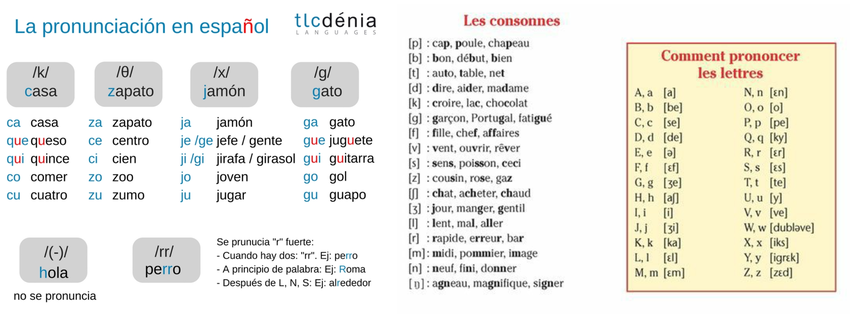# I am the Watcher. I am your guide through this vast new twtiverse.
#
# Usage:
# https://watcher.sour.is/api/plain/users View list of users and latest twt date.
# https://watcher.sour.is/api/plain/twt View all twts.
# https://watcher.sour.is/api/plain/mentions?uri=:uri View all mentions for uri.
# https://watcher.sour.is/api/plain/conv/:hash View all twts for a conversation subject.
#
# Options:
# uri Filter to show a specific users twts.
# offset Start index for quey.
# limit Count of items to return (going back in time).
#
# twt range = 1 8
# self = https://watcher.sour.is/conv/vgxivjq
It reminds me when I was learning piano. Yeah, I wanted to play the classics or the modern tunes, bu instead as my fingers where pathetic I had to practice with boring and monotone scores to build dexterity for my hands.
I think that's something similar with programming, language learning and such. And again, college gives no time for that.
More anecdotal evidence: I was 3 months in German at college, at the 1st semester, really stressful due to the scholarship. I learned nothing.
@lyse 😆
I think I learnt more asking for a Kebap to some foreign who only knew German and his language, than in college. Being _useful_ things, not gender of random words.
Again, it's a balance between vocabulary and foundations and actual practice in the field.
@eaplmx German is definitely not the easiest language to learn.
Fun fact, some words can have different meanings depending on their genus. German differentiates between three: masculine (definite article "der"), feminine ("die") and neutral ("das"). Examples include "die Kiefer" (the pine tree), "der Kiefer" (the jawbone), "das Steuer" (the steering wheel), "die Steuer" (the tax) and "der Band" (the volume of a book), "das Band" (the ribbon/conveyor belt/tape), "die Band" (the music band; English loanword, but feminine article is probably assigned because of the German terms "Kapelle" and "Gruppe" for it). Luckily, you can easily infer what is meant from context most of the time.
@lyse 🧐 wow... I didn't know that!
Coming from Spanish which has only 5 vowels and almost every time a syllable is read the same, learning German or French with many different pronunciations for the same letters, or as you say different meanings depending on their context has been mindblowing 🤯
Checking my notes, I find that there are as well a few strange traits in Spanish that foreigners could find counterintuitive, like having silent letters, sounds depending on the following vowel, and so...
#languagesAreWeird
 Español vs Français
There are a few strange things in Spanish that foreigners could find strange, like having silent letters, sounds depending on the following vowel, and so...
Español vs Français
There are a few strange things in Spanish that foreigners could find strange, like having silent letters, sounds depending on the following vowel, and so...
#languagesAreWeird
 Español vs Français
@eaplmx Granted, most words only have one genus. The ones with multiple genders are actually quite rare. But one can have a little bit fun with them. Except of loanwords German pronounciation is very straight forward, just like French if I remember correctly from school. As always, with dialects it shifts a bit or sometimes quite drastically.
Español vs Français
@eaplmx Granted, most words only have one genus. The ones with multiple genders are actually quite rare. But one can have a little bit fun with them. Except of loanwords German pronounciation is very straight forward, just like French if I remember correctly from school. As always, with dialects it shifts a bit or sometimes quite drastically.
 Español vs Français
Español vs Français